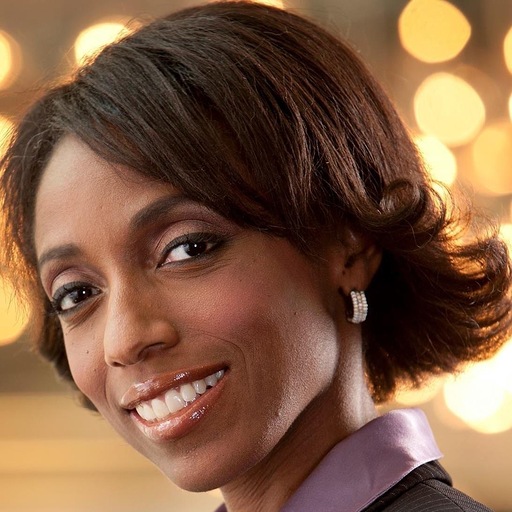Webinar Date: December 13, 2023 – 03:00 PM ET

Head of Content at Fair360
Senior Diversity, Equity & Inclusion Strategy Consultant at Wells Fargo
Data from the Top 50 Companies survey informs best practices for Executive Diversity Councils (EDCs). In this webinar, panelists examined the characteristics of companies with best-in-class EDCs. This included how they’re structured and how they plug into the larger strategy of the business.
Paula Theus, Senior Director, Purpose and Inclusion at PwC (a Fair360 Hall of Fame company), Jean-Louis Coste, Diversity, Equity & Inclusion Senior Partner at PPG, and Carla MacDonald, Senior Diversity, Equity & Inclusion Strategy Consultant at Wells Fargo (No. 32 on the 2023 Top 50 list), each offered insight from the councils at their organizations.
Highlights from the Session
MacDonald discussed the ways EDCs (also called executive diversity councils) at Wells Fargo have been restructured since 2020 to be more effective.
“We saw that there were a lot of councils doing work at a small level,” said MacDonald. “It was a great opportunity to be able to have councils that are at the more senior level to drive initiatives across the entire vertical of the line of business.”
Embedding senior-level committees within multiple departments helps tailor initiatives to the needs of each business function. That, in turn, makes it easier to align those efforts with the overall business strategy.
“Each business unit has a go-to for all items of diversity, equity and inclusion. They are able to then bring those to the very top leaders and have responses back and forth,” said MacDonald.
Theus emphasized the importance of collaboration between committee members and other organizational leaders.
“We need our leaders fully engaged with the council members, trying to understand where they’re coming from and trying to understand where our people, in general, are coming from so that they can make the right decisions on behalf of our people,” Theus said.
That engagement serves to invite senior leaders to drive a culture of fairness at their organization. When those senior leaders champion fairness efforts, it sets a powerful cultural tone at the company.
As Theus said, “We need them to model inclusive behavior.”
Coste offered insight into the value of trust and transparency in enabling Executive Diversity Councils to function effectively.
“Trust is key. Without trust, we cannot do anything,” said Coste. “Trust them, push them and onboard them as much as you can.”
A mutually beneficial relationship centered on transparency enables the executive committee to be more effective in carrying out their duties. As Coste tells it, leadership cohesion is foundational to success.
“Providing guidance, trusting them and empowering them in their own role, that’s something that really has been working for us at PPG,” he said.




